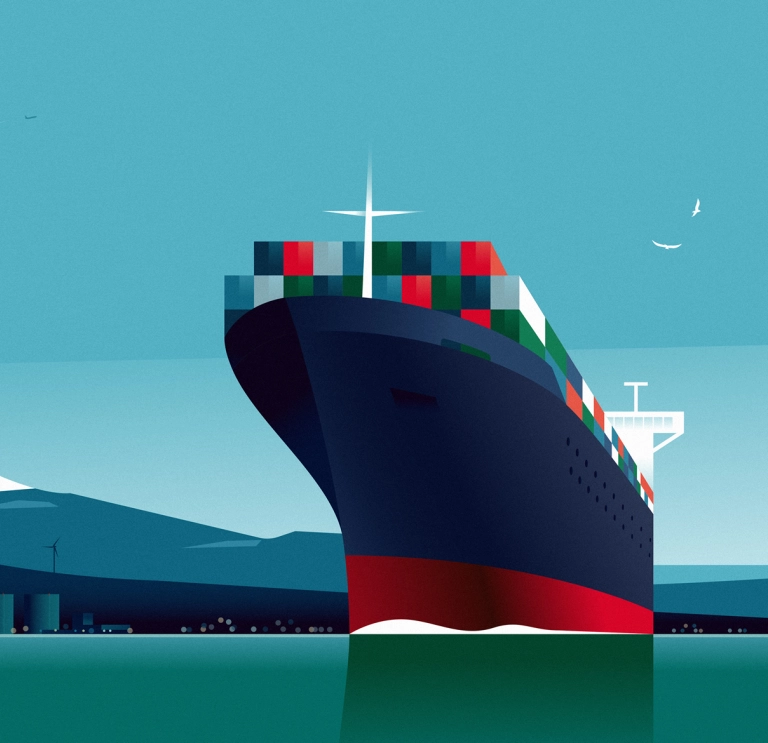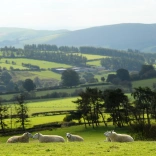From Bangor Mussels, whose fishermen pick the very best shellfish from the Menai Strait, to the highly skilled workers producing 1,300 engines every day at Toyota’s Deeside Engine Plant, good people do their best work in Wales.
There’s no shortage of ambition. Take Marine Power Systems – a Swansea company doing exactly what its name suggests. It’s developing the WaveSub, a device that can turn the motion of the waves into clean, affordable energy.
“In the future, when people ask what the biggest companies in Wales are, we want to be up there,” says company co-founder Dr Gareth Stockman. “We want to provide thousands of jobs which pave the way to a low-carbon future. We believe it is entirely possible.”
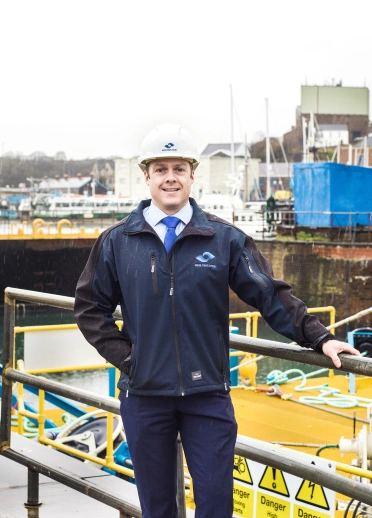
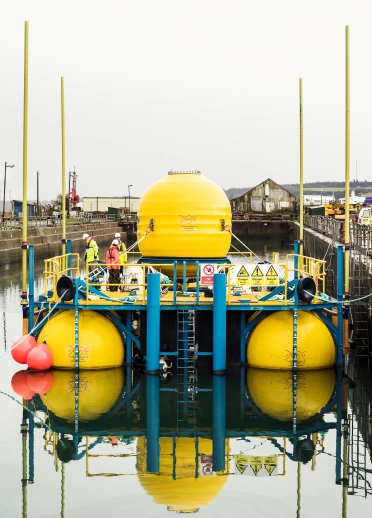
Wales has a proud industrial heritage, centred on coal, manufacturing and heavy industry. In the 18th and 19th centuries, Swansea was the copper capital of the world, and at its height 90 per cent of Britain’s copper-smelting capacity was within 20 miles of the town known as “Copperopolis”. Nearby Llanelli was known as “Tinopolis” for similar reasons – a fact commemorated by the tinplate saucepans that still sit on top of the posts at its rugby ground, Parc y Scarlets.
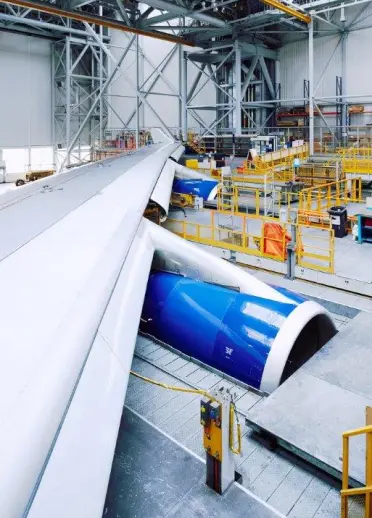
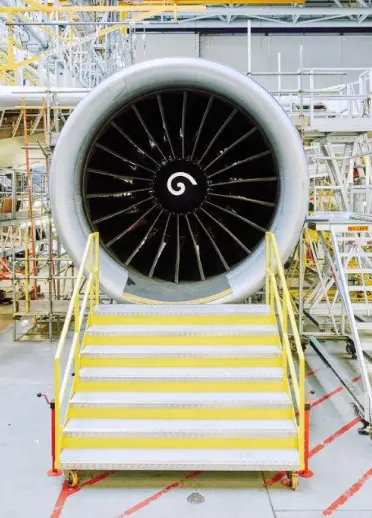
The sense of innovation and drive that powered Wales’ industrial expansion is still very much alive. Exports are on the up: £16.6 billion in the year to June 2018, an increase of £700 million on the previous year. Employment rates are currently at 74.2 per cent – 1.6 percentage points up on the year. Multinational companies such as Airbus, Sony and General Dynamics have all come to rely on our highly trained workforce.
Attracting and developing this talent has been a priority for Gallagher – an insurance, risk management and consultancy firm that operates across 33 countries. Its Llantrisant office has won praise (and industry awards) for its learning programmes and apprenticeships, aided by a major government grant.
Mike Jones, Regional Managing Director, GallagherWe have a fantastic talent pool right on our doorstep."
“We have a fantastic talent pool right on our doorstep,” says regional managing director Mike Jones. “Welsh Government support helps us to attract a conscientious workforce with the strong work ethic Wales has to offer, which is so compatible with our own values.”
Wales has a good transport infrastructure that’s getting better. Taking people from A to B is the responsibility of Transport for Wales, which is executing ambitious plans to revitalise the rail network. Smart ticketing, new lines and a 29 per cent increase in weekday services will all be in place by 2023.
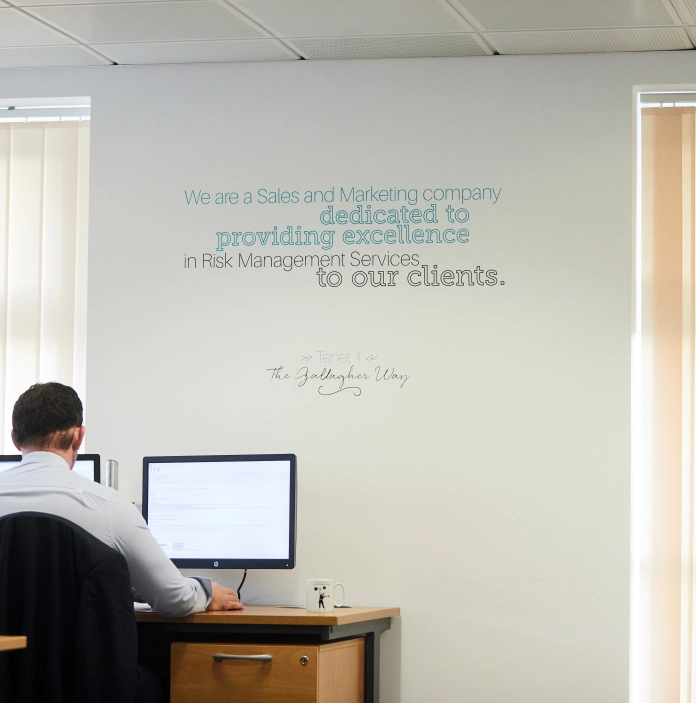
The Welsh Government is proactive in supporting enterprise across all sectors. Its Economic Action Plan is based on the principle that public investment should have a social purpose – not just stimulating growth and productivity but making Wales a fairer and more competitive nation in which to do business.
Being in a small country has its advantages, too. Access to decision-makers in the government is easier, and decisions can be made quickly. Initiatives such as the Life Sciences Hub in Cardiff Bay help to bring the right people together in one place, to the advantage of the whole sector.
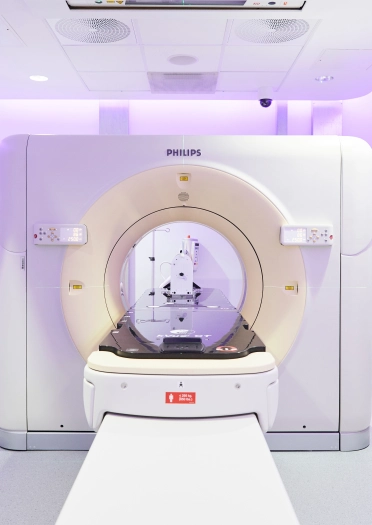
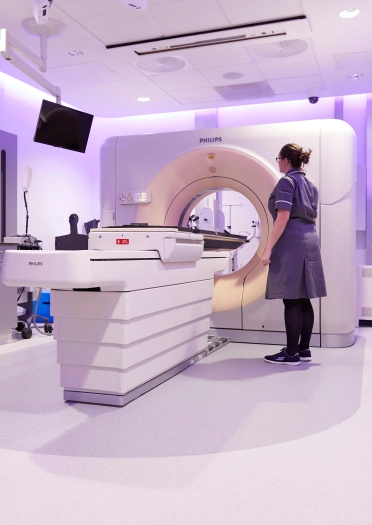
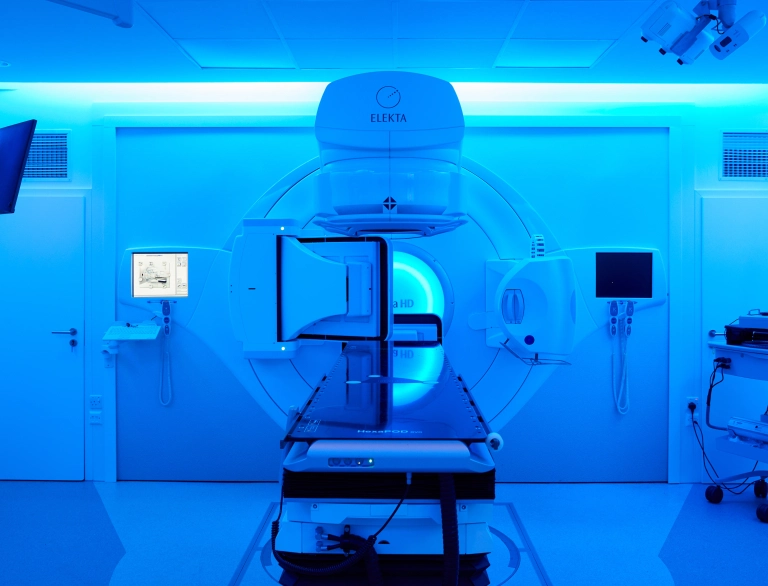
“It was a real epiphany for me,” says Mike Moran, CEO of Newport-based Proton Partners – a company that provides innovative cancer care. “I went to the Hub and was amazed at the number of conversations that go on around the coffee machine or just around desks. The fact that Welsh Government frequent it, operate out of there and are open to conversations just underlines that opportunity for collaboration.”
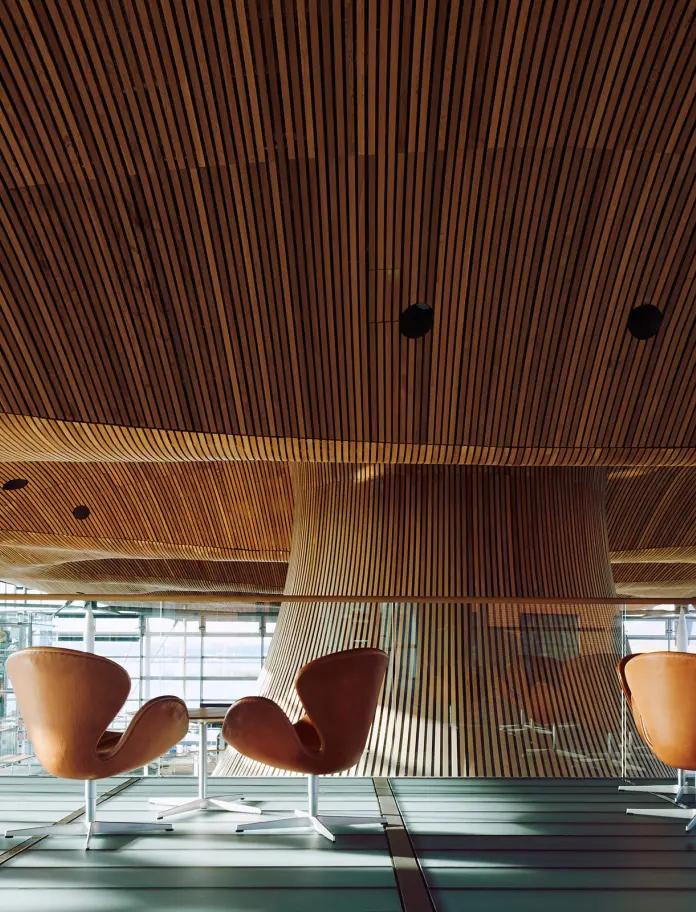
Sustainability is at the heart of all this innovation, and it’s even enshrined in law. Wales was the first certified Fair Trade Nation, and also the first in the world to pass legislation that acknowledged the UN’s Sustainable Development Goals.
It marks Wales out as a nation ready to meet the challenges of the 21st century – and to work with every business to create a fair, inclusive and sustainable economic future.
